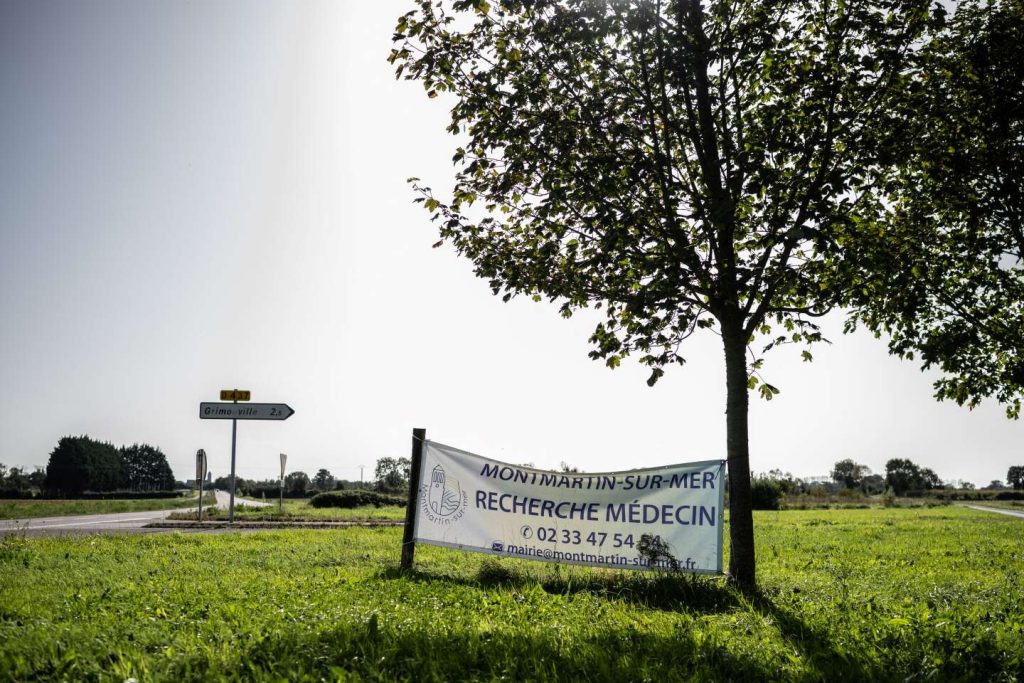The issue of medical deserts in France is often discussed in terms of access to general practitioners, but it also affects specialized medicine. On April 6th, Prime Minister Gabriel Attal announced a pilot project to allow direct access to specialists without going through a GP in thirteen departments, one per region. This unexpected measure has been met with strong resistance. Attal also mentioned a bonus for doctors willing to work outside their usual area, but this has not convinced many, especially as negotiations with the Health Insurance over their rates and working conditions are currently on hold.
Since restrictions on setting up medical practices have been ruled out so far, most solutions for improving access to specialists involve the medical convention. Methods to free up medical staff’s time are already well-known, such as employing medical assistants or advanced practice nurses, using telemedicine tools, and delegating tasks to paramedical professionals. Progress has been made in these areas, but two important strategies advocated by specialist unions have been slow to materialize. These include specialized care teams, which gather specialists in the same field to coordinate treatments for patients in a specific area, as well as advanced consultations where doctors travel to see patients 50 to 100 km away from their usual practice.
Although some initiatives have been implemented in dermatology, cardiology, and neurology in specific regions, there is no comprehensive overview of these services and no stable financial support. Without this information, it is difficult to assess their effectiveness and expand these practices nationwide. Additionally, the ongoing disagreements between the government and the medical profession have created further challenges in addressing the issue of medical deserts. The lack of a clear strategy and financial stability for these initiatives hinders the development of effective solutions to ensure access to specialized medical care in underserved areas.
The suspension of negotiations on the medical convention has exacerbated the tensions between the government and medical professionals, particularly specialists. The reluctance to accept new measures proposed by the government, such as direct access to specialists and incentives for working in underserved areas, reflects a broader issue of mistrust and dissatisfaction within the medical community. As the discussions remain at a standstill, patients in medical deserts continue to face barriers in accessing the care they need, highlighting the urgent need for effective and collaborative solutions to address this complex issue.
In conclusion, the challenges of medical deserts in France go beyond just access to general practitioners and extend to specialized medical care. While some progress has been made in improving access to specialists through various initiatives, there are still significant gaps in coordinating these efforts and providing sustainable support. The ongoing disagreements between the government and medical professionals have hindered progress in addressing this issue, leaving patients in underserved areas vulnerable to gaps in healthcare provision. Moving forward, it is essential for all stakeholders to work together to develop comprehensive and effective solutions to ensure equitable access to high-quality medical care for all residents, regardless of their geographical location.


